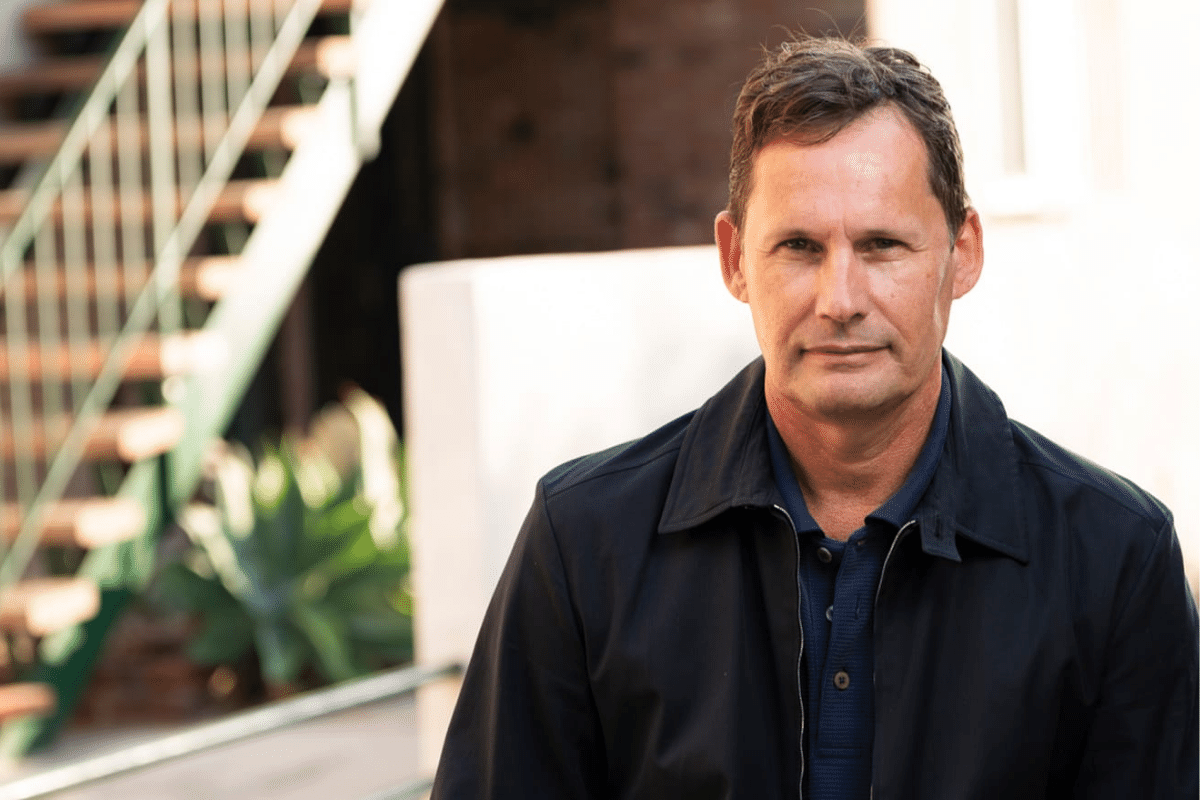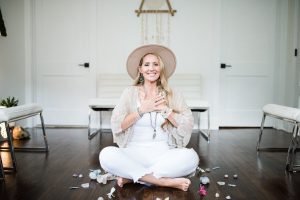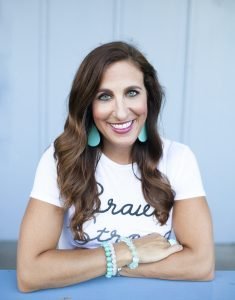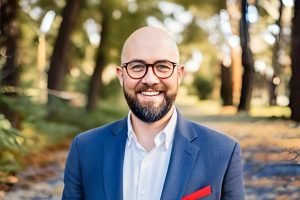Last updated on October 14, 2022
David Sessions is a pro rock climber turned life coach based in Malibu. We hope you enjoy this interview!
Coaching Focus: I’m a Life Coach that works with celebrities and other high-profile clients on career, relationship, and parenting issues.
Location: Malibu, California
Connect: You can find David online at his website, as well as on Instagram, Facebook, and YouTube.
Tell us about your journey as a coach.
After being a professional rock climber for many years, competing with the U.S. Team in Europe, climbing in Yosemite, and doing major commercials that featured climbing in Hollywood (Budweiser, Coke, Toyota), I found myself teaching rock climbing to kids in Malibu.

In 1999, this led to an opportunity to work at a treatment center with kids struggling with addiction and other issues. They needed someone to help get them out doing things, help them connect with themselves, and build their confidence. I really loved it. This led to starting my coaching practice in late 2003. To be honest, the clients came slowly at first. Really slowly. But I was determined—and I was also developing my style and techniques.
At one point, someone came to me and said, “Would you be willing to work with someone at their house? They’re very big on privacy, and they have a hard time getting around.” I said sure. That client turned out to be a Hollywood A-lister and an Academy Award winner. After that, my practice started to pick up fairly quickly.
What courses, programs, or certifications have you done? Would you recommend them, and for whom?
When I started coaching in 2003, there were very few coaches and no certificate programs. All of that came later. My view on the certificate programs is that they have become a very lucrative industry in a very short period of time.
I believe, along with several other prominent coaches, that the day is not far off when coaching will become regulated and all of us will be required to participate in accredited programs in order to work in the field. (Whether this transition will be a benefit to clients or coaches remains to be seen.)
What advice or perspective might you give to a new coach trying to get their first clients? Any advice they should ignore?
Getting clients is tough. If you can get another coach who is established to mentor you, by all means, do that.
Promoting yourself is key. Social media is an incredible tool. Read magazines and journals, attend conferences and workshops, and watch TedTalks and YouTube.
Believe that you can reach any heights you hope to reach, but be realistic in your expectations of how long that might take.
Remember this: Time is non-linear. You can go and go and have little or nothing happen and then—boom—everything takes off at once. Be ready to take advantage of the opportunities once the wind starts to move in your direction!
Remember this: Time is non-linear. You can go and go and have little or nothing happen and then—boom—everything takes off at once.
What are your thoughts on “choosing a niche” as a coach?
Good question!
There’s a story about a small band from a small town. They go to Hollywood and get a meeting with a music exec in a big office in a big building, and he sits back in his seat and says, “What kind of music do you guys play?” at which point the lead singer eagerly steps forward and says, “Whatever music you want us to play!” Apparently, that was the wrong answer—the producer threw them out of the office!
As a coach, you’ve got to know what your personal and communicative strengths are because each area of work, or niche, in the industry, is a highly competitive field in itself.
Here’s an exercise you can try:
Grab five 3×5 index cards. Lay them down on a table in front of you. Make yourself a large cup of coffee. Sit on the couch and stare at the blank cards. Pull your feet up, make yourself extremely comfortable, enjoy the coffee—and then, as it comes to you, write down the 5 areas of coaching that you think you would be best at. Take your time.
Next, order the cards vertically. Put the areas that MOST INTEREST YOU on top and order them going down. Take each of the cards, starting at the top, and turn them over and write down several reasons WHY YOU WOULD BE GOOD at that type of coaching.
Once you have taken the time to thoughtfully do that, lay the cards on the table horizontally from left to right (either side up is fine). Now you are ready to decide what is going to be your initial area of focus. If you get a client in another area, great, but focus on getting your initial clients in your chosen field.
KNOW WHO YOU ARE, AND DON’T BE ALL OVER THE PLACE.
What books have significantly influenced your life? What are your key takeaways from these books?
I enjoy books that feature simple messages that can refocus my complicated mind. Joel Osteen is someone with an incredibly focused message. My wife likes to joke, “That’s the same thing he always says,” and I joke back, “I know. And it’s the same thing I always need to hear! Connection, humility, gratitude, and the belief that I can do anything I set my mind to.”
Right now, however, I’m reading a book about medieval fencing as part of a class I’m doing. That’s what I love about life—the endless amount of things there are to discover and participate in.
What do you do when you feel overwhelmed, stressed, or have lost your focus or motivation?
Honestly? For me, it’s diet. I do really well on a high-protein diet.
What I like to eat is pasta. Lots of pasta. And cereal. It’s embarrassing, but you asked. When I find I’m off my game, 9 times out of 10, it’s because I have gotten off my diet.
Once I realize that, I get off the carbs and back on the protein and quickly start feeling great.
I’m a big believer in staying active. It’s easy to get ‘up in your head.’ I love to ski and try to get in 50-100 days a year. I still climb. I practice Tai Chi and Okinawan Karate. And I do a medieval fencing class a couple of times a week. I’m spending more and more time in Utah these days, and there’s lots and lots to do out there.
Do you have any examples of how a “failure” set you up for later success?
I have a book coming out soon titled When Life Falls Apart. It features a number of difficult experiences from my clients and also some of my own. Aside from the feelings of grief or failure that occur during the experience, the whole point is what opens up and becomes possible after.
Know who you are, and don’t be all over the place.
I could offer an endless number of ‘failures’ that occurred in my life, or rather when things didn’t go my way, but I would rather share the keynote which is that in nearly every instance, the thing that crashed and burned and ‘didn’t go my way’ transformed from something that was intended, in truth, to benefit myself into an expression of the same endeavor that was now geared toward benefiting others (and, frankly, became far more personally rewarding than if it had moved forward the other way around.)
Is there anything else you’d like to add?
What is the key to being a great coach? “Listening, listening, listening…”
The Life Coach Magazine staff is your team for high-quality content on topics from personal development, to coaching tips, to how to grow your coaching business.










Be First to Comment